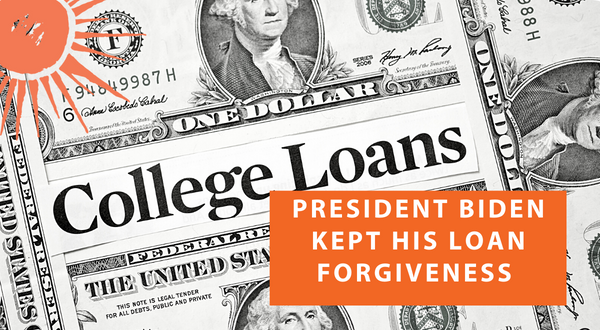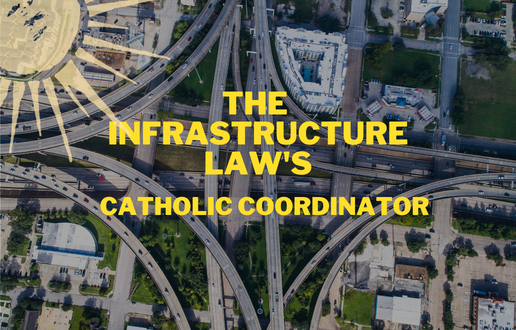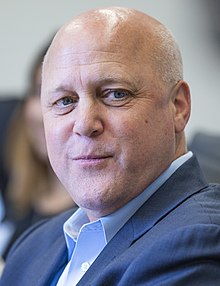
A promise made! A promise kept!
Jarrett Smith
August 31, 2022
The elimination of student debt was one of President Biden’s campaign promises. Earlier this month, I was heartened to learn that he followed through with his pledge: forgiveness for some student loan debt. There are an estimated 43 million Americans who eligible to participate in the upcoming program.
In real terms, this means millions of U.S. students will see an increase in their discretionary income. They will have more freedom to save for a down payment for a house, reduce medical expenses, save for a child’s future education, open a business, and more because of this policy decision. While not all in Congress support this move, the possibility of tangible improvements for so many struggling to make ends meet at the end of the month is now encoded in law.
Key elements of the White House student loan forgiveness plan include:
- Provide up to $20,000 in debt cancellation to Pell Grant recipients and up to $10,000 in debt cancellation to non-Pell Grant recipients. Borrowers who earn less than $125,000 per year or households earning less than $250,000 are eligible for debt cancellation;
- Extend the federal student loan pause a final time through December 31, 2022 to provide borrowers a smooth transition back to repayment; and
- Make the student loan system more manageable for current and future borrowers by cutting monthly payments in half for undergraduate loans and holding schools accountable when they hike up prices.
Student loan borrowers can go to studentaid.gov/debtrelief to receive more details on the plan from the Department of Education.
The President’s new policy is in line with NETWORK’s mission as his action reflects Catholic Social Justice. As people of faith, we are called to live the Gospel in a broken and suffering world. With college costs, and loan borrowing to meet the high costs, soaring well beyond the means of wage-earners, and our nation still in recovery from a pandemic, we must advocate for a federal government that promotes human dignity. By providing much-needed relief to federal student loan borrowers, our nation took another step towards the common good.











